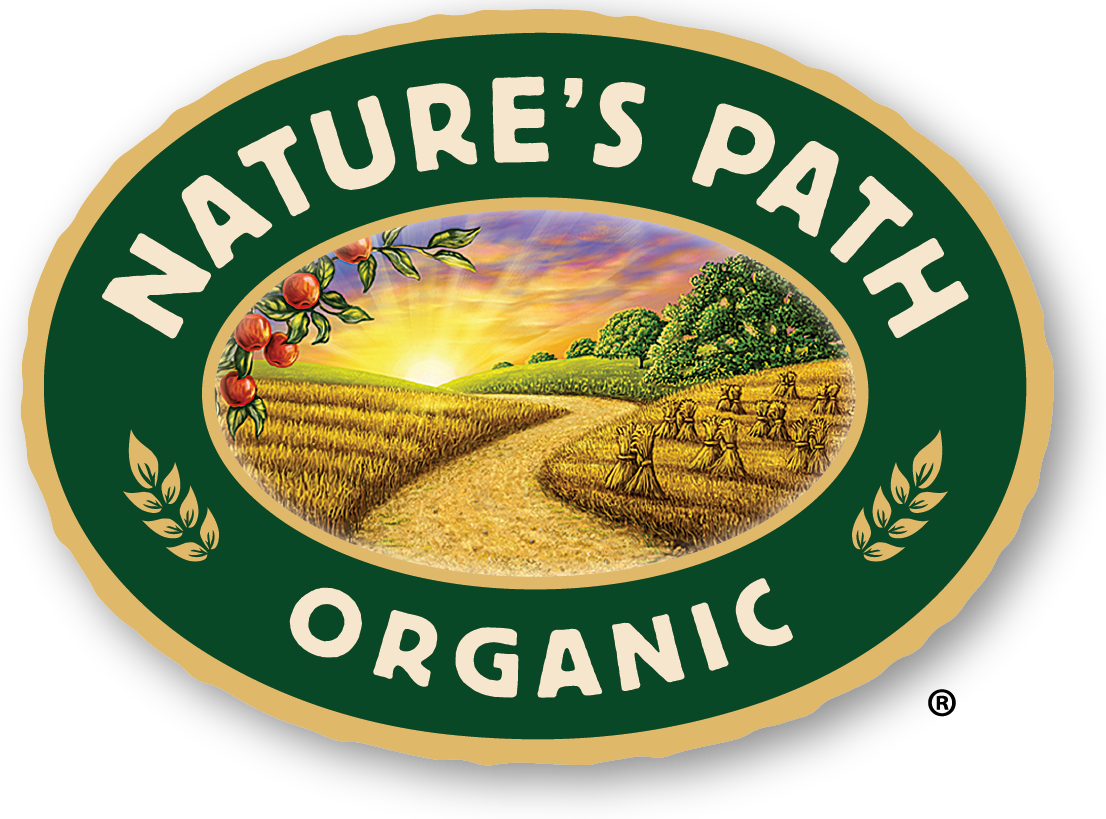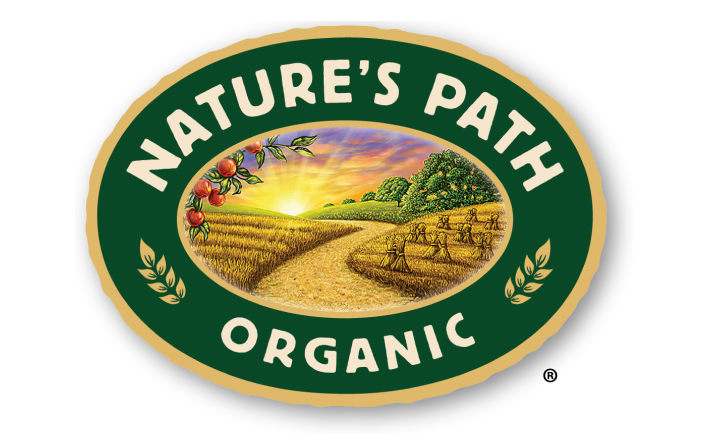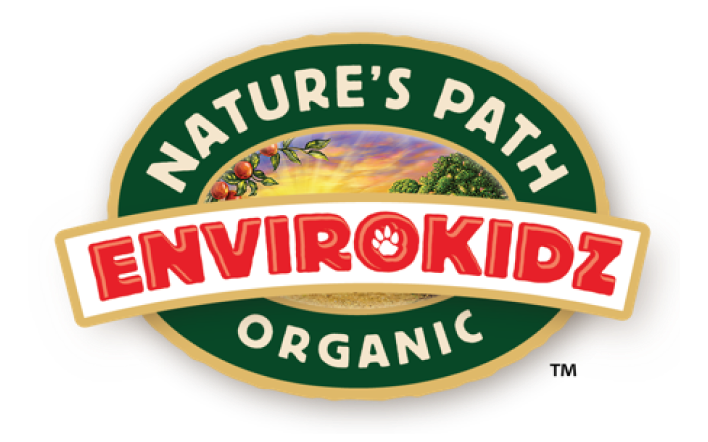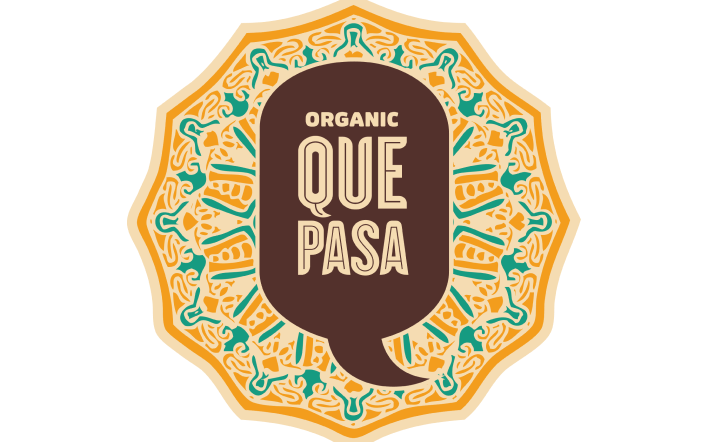Musings From Our Founder Arran Stephens on Regenerative Agriculture
It seems that every day another company is announcing its commitment to Regenerative Agriculture in an effort to address climate change.
In the last few decades of false starts and opportunistic profiteering muddying the waters of the soil health movements, we’ve observed the proliferation of label claims like “natural” and “sustainable” that have no proper definition, with no standards and no certification or oversight.
This has confused consumers and soil health movements with deeply authentic goals to improve conditions for all life on earth. Our concern is that the way the term regenerative is being used is misleading and potentially undermines the very hard work the organic movement has been steadily building upon for almost seventy years.

The “Regenerative Agriculture” term has actually been around for more than a hundred years ever since Dr. George Washington Carver* helped save the spent cotton soils of the South through crop rotations with peanuts (not chemicals).
The RA term was revived by Robert Rodale** in the 1980’s, but by now, the word is misleading and watered down. The conventional ag/chemical/CPG industry has, in very short order, co-opted the regenerative moniker while continuing to use toxics and fossil fuel chemical based fertilizers, especially cancer-causing herbicides such as RoundUp which is prodigiously used in “no-till” farming, and also GMO seeds (since there are no prohibitions against any of these), while adopting some time-proven organic practices, such as cover cropping, crop rotations, intercropping, no-till or low-till and livestock integration.
Proponents of non-organic regenerative agriculture would want everyone to believe that RA is as good as, or the same as, or maybe even superior to real organic farming practices, and that it is the solution to declining soil fertility and global warming.
While we applaud these companies for taking steps in the right direction to improve the health of the soil, we do not believe that using glyphosate or any other chemical herbicides, pesticides or fungicides are really regenerative, as these are toxic substances, many of which are carcinogenic.
The continued massive use of environmentally damaging fossil-fuel-based chemical fertilizer poison our planet’s soils, waters and breathable air, weaken or destroy soil biology, diminish long-term fertility, harm the environment, and ultimately, to our detriment, infiltrate the food chain for humans and all other life forms.
A more fulsome approach is and always has been Real Organic Farming—which employs green manure cover cropping, crop rotations, intercropping, organic no-till or low-till, and livestock integration.
Real organic farming also often includes mulching, composting, integrated pest management, biodiversity, water conservation, allelopathic control of weeds, companion planting, erosion control, animal manure, planting of trees, rock powders, vermiculture, EM (effective microorganisms) and more.
Regenerative Organic, unlike Regenerative Agriculture, has strict standards and third party certification. It’s unfortunate that Regenerative Agriculture is being confused with Regenerative Organic.
Will the consumer be able to differentiate the two?
The cynic in me fears that this muddying of the waters is an intentional attempt to confuse and mislead people who are trying to make the best choices for themselves and their families. We all want to leave Mother Earth better than we found her, so that the generations that follow us will have a place to live and enjoy.
The pioneers of the organic and environmental movement* would be very unhappy to learn that the term “regenerative agriculture” has today been co-opted to include the widespread use of toxic chemicals including cancer-causing glyphosate. *Dr. George Washington Carver (1864-1943), Sir Albert Howard (1873-1947), Rudolph Steiner (1861-1925), Rachel Carson (1907-1964), JI Rodale (1898-1971) Robert Rodale (1930-1990)
https://www.vox.com/2015/7/13/8948477/george-washington-carver https://www.biodynamics.com/steiner.html https://en.wikipedia.org/wiki/Albert_Howard https://rodaleinstitute.org/why-organic/organic-basics/regenerative-organic-agriculture/

-Arran Stephens, Chair & Co-Founder of Nature's Path
ABOUT NATURE’S PATH FOODS
Nature’s Path Organic Foods is North America’s largest organic breakfast and snack food company and produces USDA and Canadian Certified Organic and Non-GMO Project Verified breakfast and snack foods sold in grocery and natural food stores in over 50 countries around the world. Committed to the triple bottom line— socially responsible, environmentally sustainable and financially viable, Nature’s Path works diligently to support communities and champion the cause of people and planet. Brands include Nature’s Path®, Love Crunch®, Qi’a®, Que Pasa®, Flax Plus®, and EnviroKidz®.
Founded in 1985, Nature’s Path is headquartered in Richmond, British Columbia and employs hundreds of valued team members at its four facilities in Canada and the United States.






